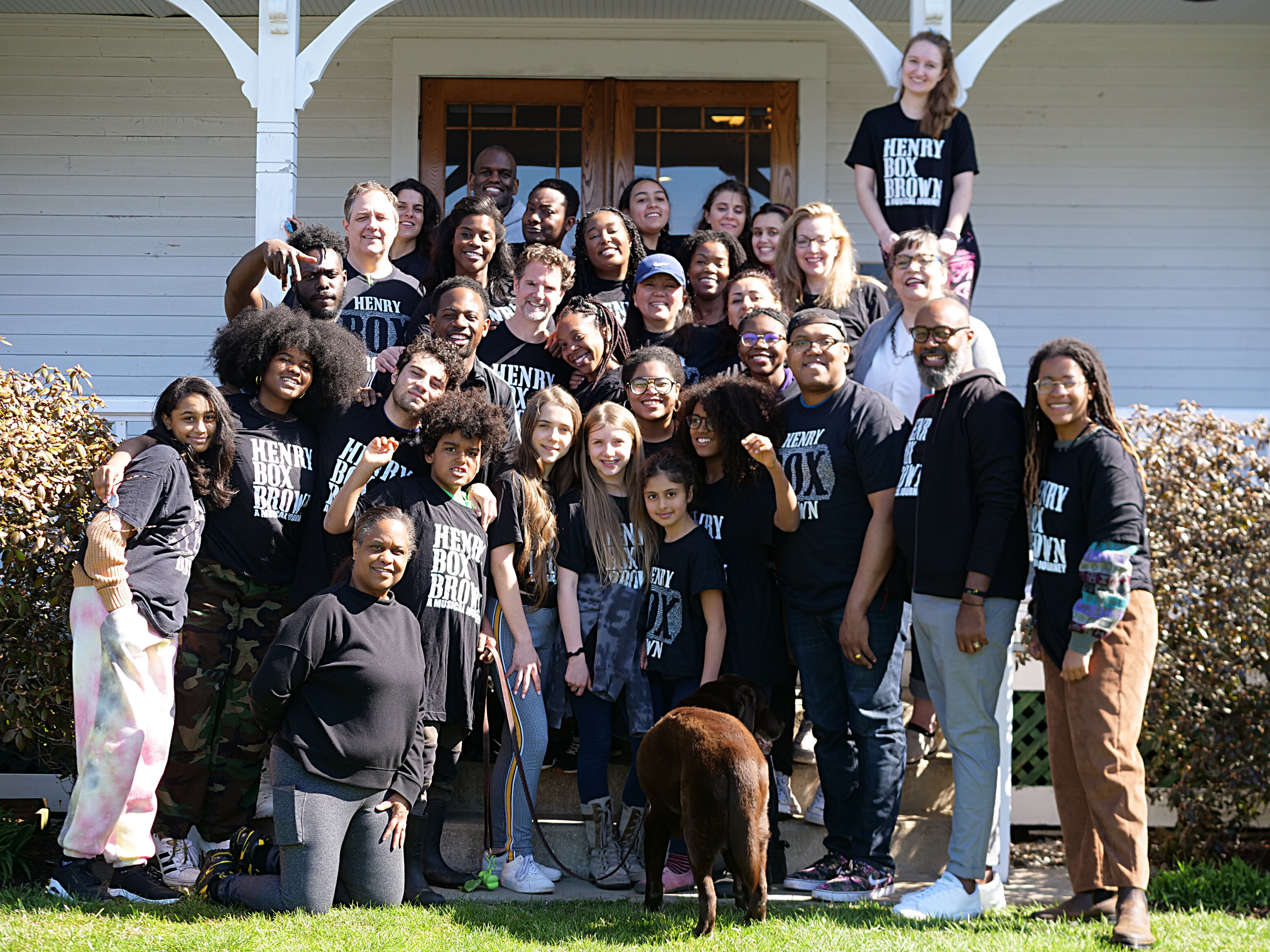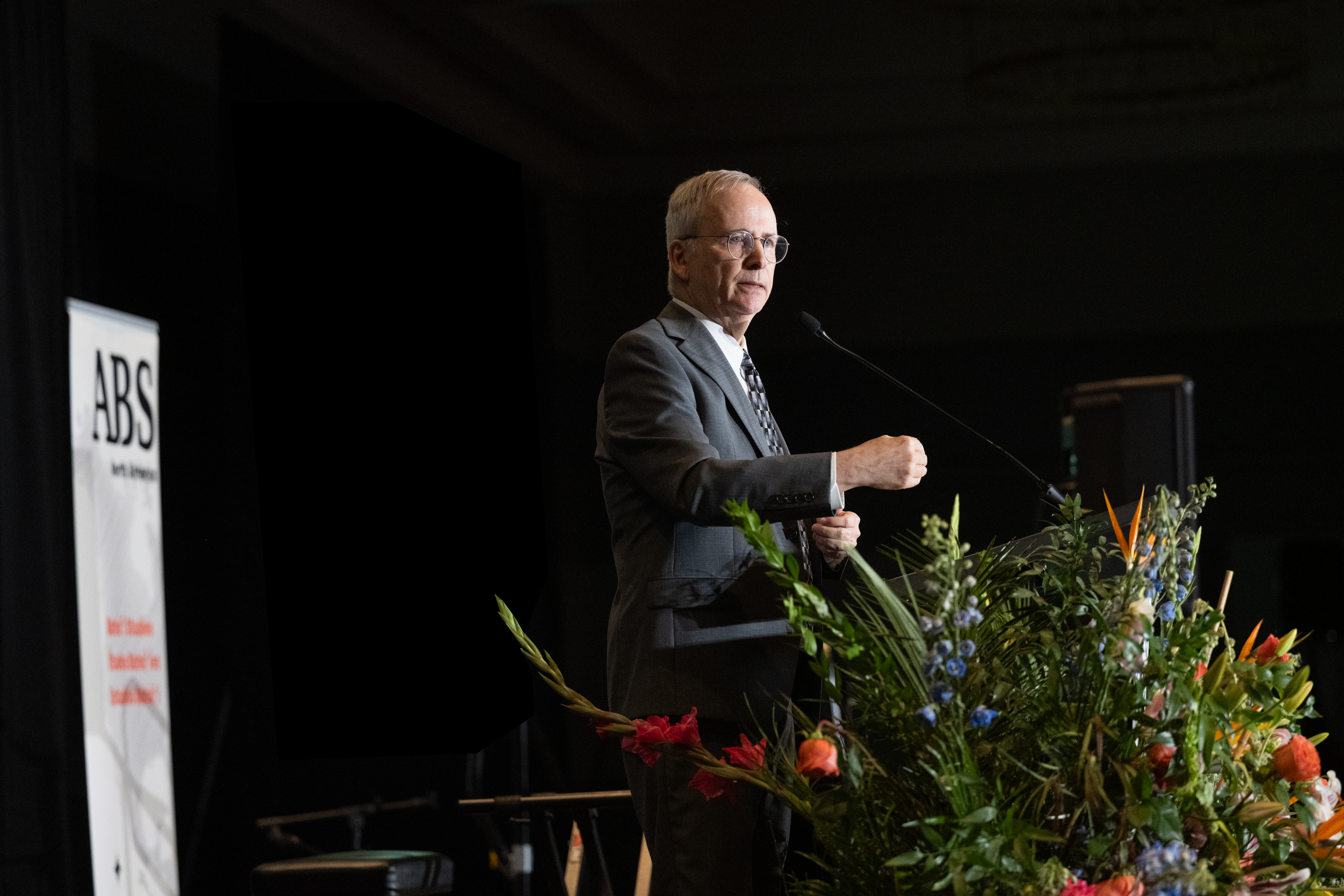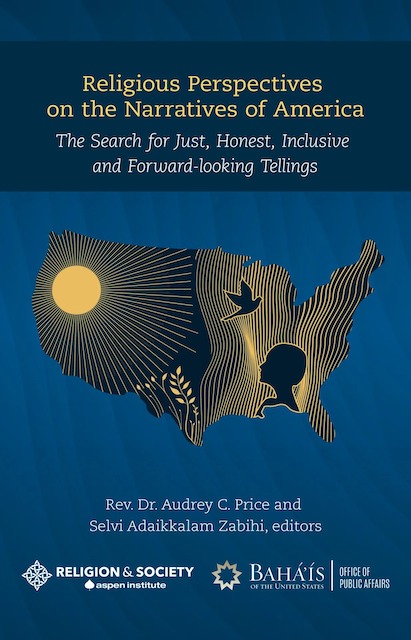
Houck/Sanders, Arizona: Warm spaces for reflection and solutions
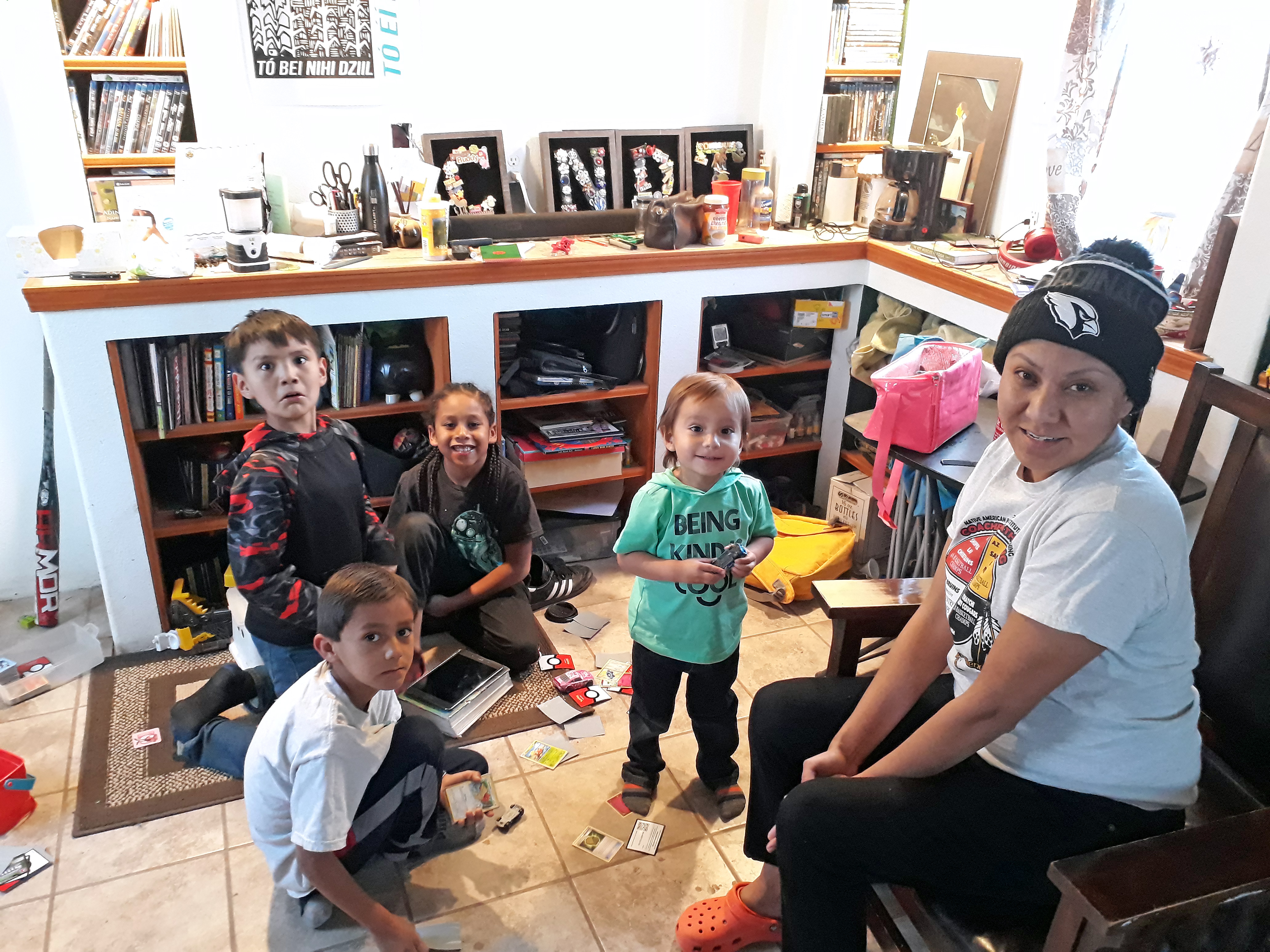
After a school lockdown, students and families in the Navajo Nation work to respond spiritually to ‘ugliness’
A school lockdown in the Navajo Nation community of Sanders, in northeast Arizona, was followed by several days of opportunities for conversation among children, junior youths, parents and officials.
And it led to a day of service in the communities around the Native American Baha’i Institute (NABI) in nearby Houck.
The lockdown came in response to a “possible threat” — thankfully a false alarm — and it extended school by four hours. It caused great anxiety for children and their parents.
Knowing that fear and confusion would surface in her spiritual education class for 8-year-olds, Nanabah Bulman invited them to warm themselves physically and spiritually by the fire in her grandfather’s hogan.
“My response as a Baha’i was calling on prayer and asking the Creator and ancestors how to use this chaotic experience to bring people together,” Bulman recalls.
She thought about how ‘Abdu’l-Baha might do this. Baha’is esteem ‘Abdu’l-Baha, the son of Baha’u’llah, as the highest example of how to carry out the Faith’s teachings.
“I thought ‘Abdu’l-Baha would host a warm space,” she reflected.
A neighbor, Shanon Sangster, provided snacks. The Sangster family, including 12- and 13-year-old junior youths, participates regularly in NABI’s Diné Café community gatherings.
After settling in, the children recited Baha’i children’s and protection prayers. Then an “emotional” first round of reflection on the day’s events began.
Restoring spiritual kinship
The children replayed what they experienced during the lockdown. They hid behind makeshift barriers; one student grabbed a toilet plunger to hit anyone who walked in. Their parents shared how hectic the scene was outside the school. Junior youths addressed how to respond to ugliness with resilience so that K’e — Navajo for a sense of spiritual kinship — could be restored.
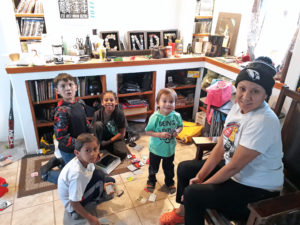
The group produced a series of suggestions for school authorities. But on the whole, says Bulman, attendees were “thankful for the opportunity to have gone through this to learn and be prepared with a plan that the entire community can support.”
Another space for conversation about school safety came days later at NABI in a session for all ages, with the school’s psychologists attending.
“Is this national pattern of children killing children unique to our time? What do we think about gun control? Is beauty and resilience an effective way to address mass shootings? How do we find beauty in times of ugliness? Is race connected to this? These were the questions from the gathering.”
The next Monday, she says, parents decided not to send their kids to school. Instead, they had a community service day “to do something meaningful for the neighborhood and extend this conversation to others.”


